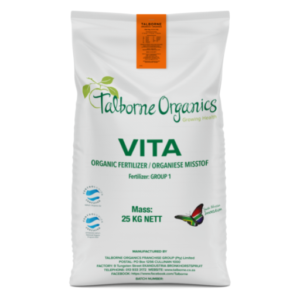Description
Uses of Vermiculite
-
Soil Amendment
Mixed with soil to improve aeration, moisture retention, and nutrient-holding capacity. It prevents compaction and helps maintain a balanced soil structure. -
Seed Germination
Ideal for starting seeds, as vermiculite creates a moist and well-ventilated environment that encourages healthy sprouting. -
Transplanting Medium
Used when transplanting seedlings to reduce transplant shock and retain moisture around the roots. -
Hydroponics and Soilless Growing
Serves as a growing medium in hydroponic systems due to its inert, sterile, and water-holding properties. -
Carrier for Fertilizers and Pesticides
Used as a lightweight carrier for distributing dry fertilizers or agrochemicals evenly across planting areas.
Benefits of Vermiculite
-
Excellent Moisture Retention
Holds water like a sponge, reducing the need for frequent irrigation and helping crops survive in dry conditions. -
Improves Soil Structure
Enhances porosity and aeration, promoting root development and oxygen availability in the root zone. -
Increases Nutrient Availability
Helps retain essential nutrients such as potassium, calcium, and magnesium, making them more available to plants. -
pH Neutral
Has a neutral pH, making it suitable for a wide range of crops without affecting soil acidity or alkalinity. -
Sterile and Disease-Free
Naturally sterile and free from pathogens, pests, or weed seeds — making it ideal for seedlings and sensitive crops. -
Lightweight and Easy to Handle
Reduces transportation and labor costs compared to heavier soil amendments.
Common Applications in Agriculture:
-
Nursery plant production
-
Vegetable seedling trays
-
Flower bed preparation
-
Fruit tree propagation
-
Commercial greenhouses and tunnels






